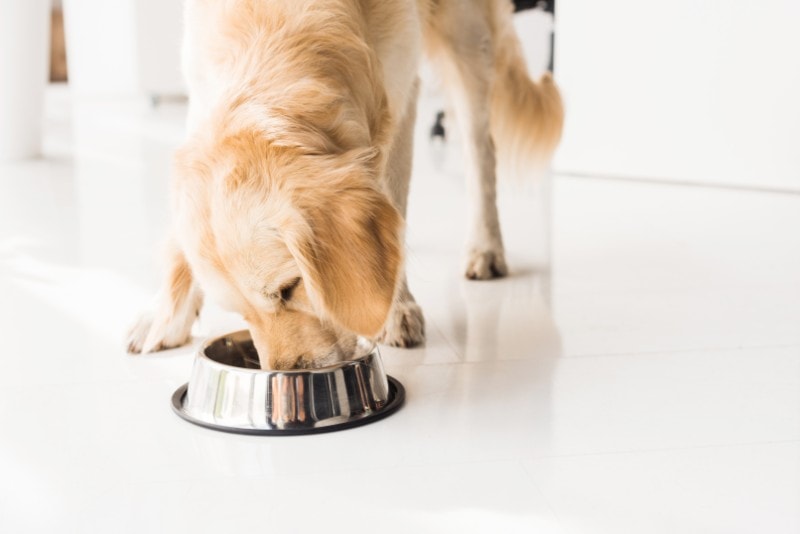Understanding Food Allergies in Pets

Having a pet with itchy skin can be extremely frustrating, especially if your pet is scratching or licking to the point of developing sores, bald spots, or other injuries. Getting to the bottom of why your pet is so itchy and coming up with a treatment plan is extremely important for their continued health and well being.
Allergies to pollen, dust, mold, chemicals, and food are common among animals. Although food allergies in pets are less prevalent, your veterinarian can help you determine whether or not this could be an issue for your furry companion.
Food Allergies in Pets
Food allergies in pets occur when a pet’s immune system reacts to a particular substance in their diet. The offending culprit is usually a protein, but occasionally, a carbohydrate may be to blame. Below are the most common sources of food allergies in pets (ordered from most to least common):
- Beef
- Chicken
- Soy products
- Dairy products
- Eggs
- Fish
- Wheat
- Corn
Does My Pet Have a Food Allergy?
Food allergies tend to build up over time, so even something a pet has eaten for years without a problem can suddenly trigger an allergic response. Food allergies in pets tend to manifest as skin issues, including:
- Obsessive chewing or licking of the paws, groin, or flank
- Pawing at the head or ears
- Red, swollen skin
- Hives
- Loss of fur/bald spots
- Open sores on the skin (also called “hot spots”)
- Vomiting
- Diarrhea
- Gastrointestinal upset
Except for GI issues, symptoms of food allergies are similar to other types of allergies in pets. In order to check for a food allergy or sensitivity, your pet will need to undergo a feeding trial as prescribed by your veterinarian.
Checking for Food Allergies in Pets
During a feeding trial, your pet will be given a special elimination diet for a period of roughly 4-8 weeks. The elimination diet food will contain a protein source and carbohydrate that your pet has never had before and minimal additives.
- Strict adherence to the diet is essential, meaning your pet should not have any treats or chews during this time unless they’re restricted to the same “novel” ingredients.
- Any medications received during this time must be unflavored.
- Special care should be taken to ensure your pet doesn’t gain access to the pantry, garbage, or any table scraps or leftovers.
If your pet’s skin problems improve during this time, a food allergy is suspected. If symptoms return upon feeding your pet their original diet, a diagnosis of a food allergy or adverse food reaction can be confirmed.
What Happens Next?
Once we’ve identified the cause of your pet’s allergy, the treatment is simple: stop feeding them the offending ingredient! Your veterinarian will have recommendations for safe commercial pet foods, including a prescription diet if needed.
Managing a pet’s food allergy can be challenging, but helping them stay itch-free is well worth the effort. Please contact the staff at Animal Medical Hospital & Urgent Care for more information or to schedule an appointment.
